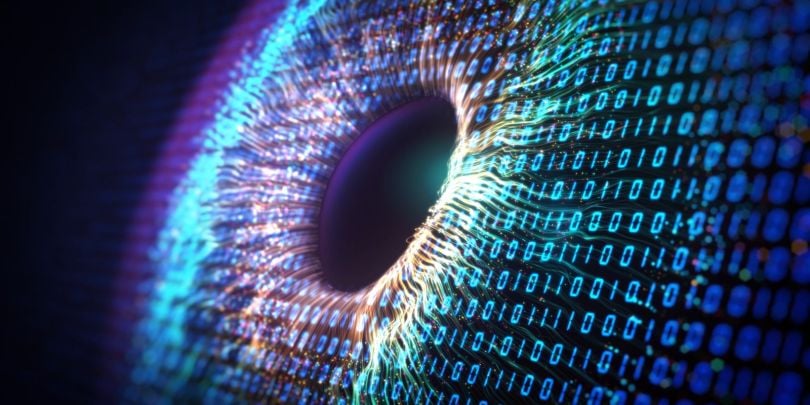Artificial Intelligence (AI) has rapidly transformed from a futuristic concept into a powerful reality, influencing various aspects of our lives. As we look to the future, AI’s impact on society is expected to grow even more profound. Here’s a deep dive into how AI is shaping our world and what we can expect in the coming years.
1. Healthcare Revolution
AI is revolutionizing healthcare by enhancing diagnostics, treatment plans, and patient care. Machine learning algorithms can analyze vast amounts of medical data to identify patterns and predict diseases early. AI-powered tools assist doctors in diagnosing conditions more accurately and developing personalized treatment plans. In the future, we can anticipate AI-driven advancements in drug discovery, robotic surgeries, and remote patient monitoring, making healthcare more efficient and accessible.
2. Smart Cities and Infrastructure
The concept of smart cities is becoming a reality, thanks to AI. AI systems manage traffic flow, reduce energy consumption, and enhance public safety. Intelligent transportation systems can minimize congestion and emissions, while smart grids optimize energy use. As urban populations grow, AI will play a crucial role in creating sustainable, efficient, and livable cities.
3. Transforming Education
AI is reshaping education by providing personalized learning experiences. Adaptive learning platforms analyze student performance and tailor content to their needs, helping them learn at their own pace. AI can also automate administrative tasks, allowing educators to focus more on teaching. In the future, we might see AI-driven virtual tutors, immersive learning environments using AR/VR, and global access to quality education.
4. Economic and Workforce Shifts
AI is set to significantly impact the economy and workforce. Automation and AI-driven technologies can perform repetitive and dangerous tasks, increasing efficiency and safety. However, this shift may also lead to job displacement in certain sectors. To address this, there will be a growing need for reskilling and upskilling programs to prepare the workforce for new roles in the AI-driven economy. Jobs in AI development, data analysis, and other tech-related fields are expected to rise.
5. Ethics and Regulation
As AI becomes more integrated into society, ethical considerations and regulations become crucial. Issues like data privacy, algorithmic bias, and AI decision-making transparency must be addressed. Governments and organizations will need to establish frameworks to ensure AI is used responsibly and ethically. This includes creating policies that protect individuals’ rights and promote fairness and accountability in AI applications.
6. Enhancing Everyday Life
AI is already enhancing our daily lives in numerous ways, from virtual assistants like Siri and Alexa to recommendation algorithms on streaming services and e-commerce platforms. In the future, we can expect AI to become even more ingrained in our routines, offering smarter home automation, personalized content curation, and improved customer service experiences.
7. Scientific and Technological Advancements
AI is accelerating research and development across various scientific fields. In astronomy, AI helps analyze data from telescopes to discover new celestial bodies. In environmental science, AI models predict climate change impacts and aid in conservation efforts. As AI technology advances, it will continue to drive innovation and breakthroughs in numerous disciplines, pushing the boundaries of human knowledge.
Conclusion
The future of AI holds immense potential to transform society in ways we can hardly imagine. While it brings numerous benefits, it also presents challenges that must be carefully navigated. As we move forward, it is essential to foster a collaborative approach, involving technologists, policymakers, and society at large, to ensure AI’s development aligns with our collective values and goals. Embracing AI’s possibilities while addressing its ethical and societal implications will pave the way for a brighter, more technologically advanced future.




